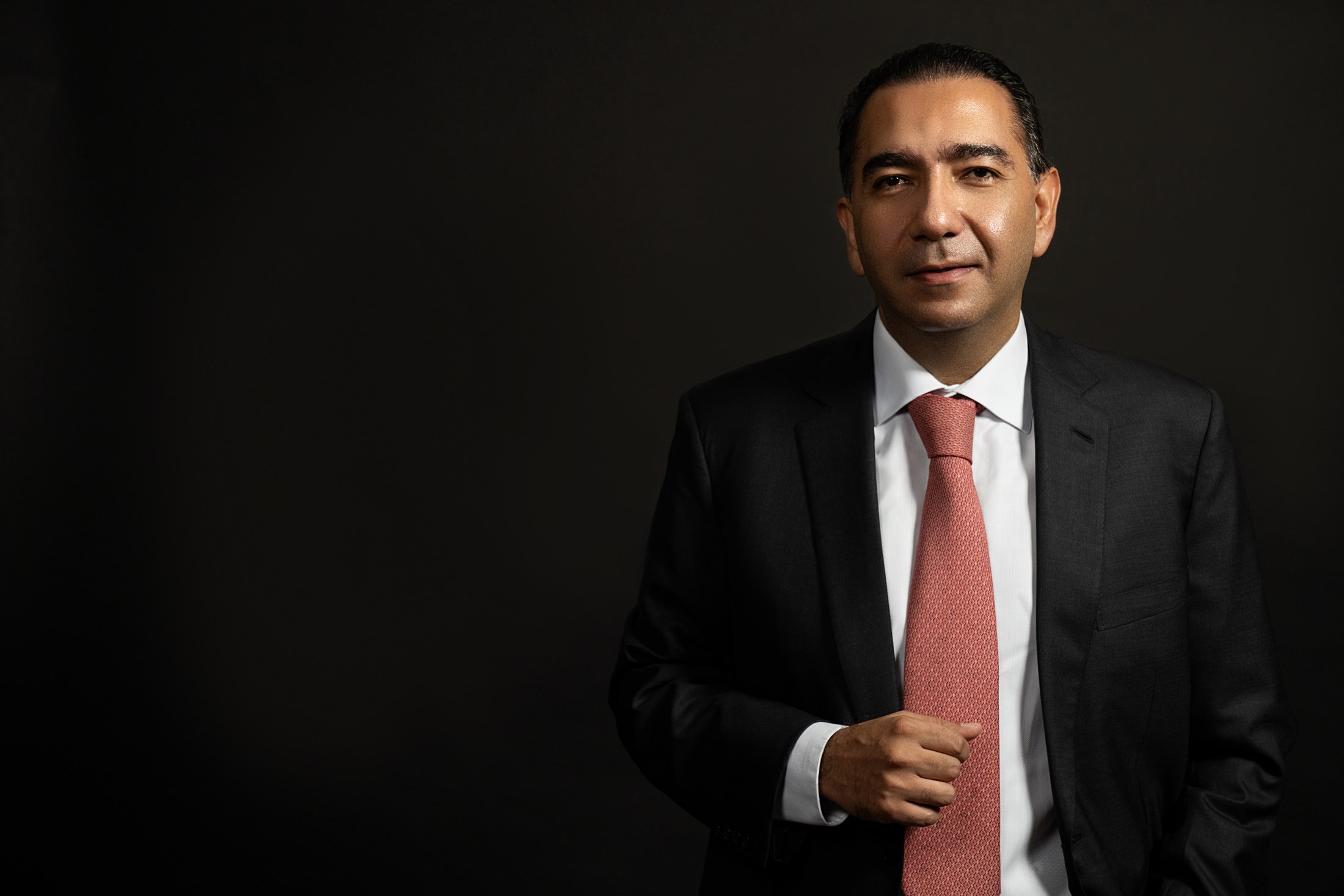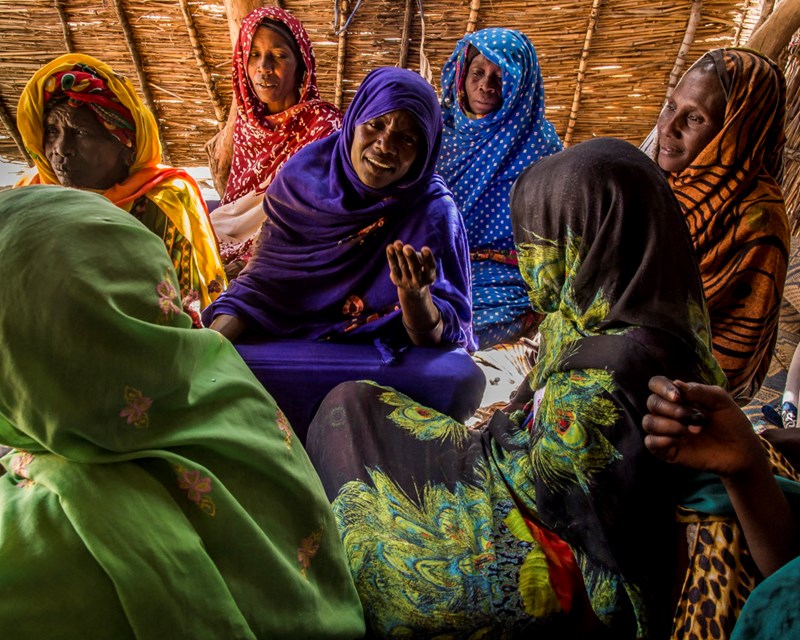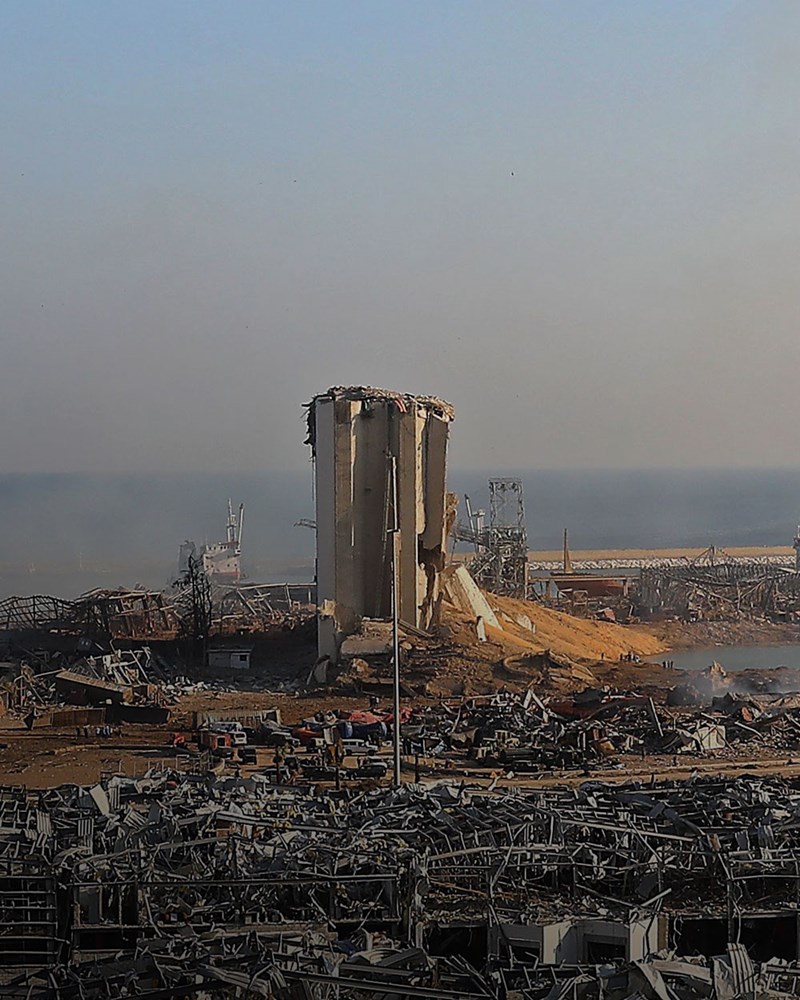Hashoo Foundation was established in 1988 by Murtaza’s father, Sadruddin Hashwani, to gather the threads of the family’s long-standing charitable giving under one banner. With funding from the family and its privately held business Hashoo Group, the foundation has since grown into a national entity with 18 offices across Pakistan and an expanding footprint in education, inclusive economic growth and – more recently – climate action. Foundation data shows it has reached more than 1.3 million beneficiaries across Pakistan to date, a number that is weighted towards women and youth.
What began in charity is today a push for sustainable philanthropy, says Hashwani, delivered through projects spanning from skills training and early-years learning, to agriculture, entrepreneurship, and community mobilisation against climate change.
“What I'd call the tradition of giving has been embedded in our family for many generations, but it was very much charity or I suppose handouts,” he explains. “Direct giving is now a very small part of what we do – I’d describe us instead as a development foundation. It's still help, but given in a sustainable way."
This ethos has bled beyond the lines of the foundation, to seep into the family business. Hashwani sees both as tools for positive impact, able to serve beneficiaries, consumers and society at large. As a result, he’s created almost a hybrid approach, where the foundation’s projects are at times delivered in parallel with Hashoo Group, helped by the conglomerate’s commercial nous, reach and access to market.
In one example, the foundation spied an opportunity to skill low-income candidates for employment in Pakistan’s rapidly growing – but understaffed – tourism and hospitality sectors. While the scheme was run by the foundation, trainees received on-the-job tuition through placements in Hashoo Group’s own portfolio of hotels, travel companies and restaurants. On graduation, many took up jobs in arms of the business, or were supported through the company’s network to find work with other industry brands.
“The foundation is the catalyst but it’s part of a whole ecosystem," Hashwani explains. “Where the foundation can benefit from the group, or the group can learn from the foundation, it does.”
For its part, the company leverages the foundation as the primary channel for its CSR efforts, and also leans on it for advice on how best to shrink its environmental footprint. (Hashoo Foundation is a member of the Climate Action Network South Asia, a coalition of over 250 civil society organisations in eight South Asian nations working to combat the threat of climate change.) The business recently pledged to go plastic-free in its hotels, and as a franchise holder for Marriott International, is also supporting the chain’s ambition of achieving net-zero emissions by 2050.
“[Climate action] is one thing we’re very committed to. We use the foundation to understand what really we should be doing and the steps that need to be taken,” he says. “I tell my team every morning that the more money you make, the more you can give back. That’s where our focus is.”
This dual dynamic is also visible in Hashoo Foundation’s growing emphasis on social enterprise, a concept that straddles the intersection of business and philanthropy. In addition to an incubator that helps aspiring entrepreneurs put their ideas into practice, the foundation has seeded social enterprises in support of low-income communities.
One such startup, Organiks Plus, is an evolution of the foundation’s honey farming line. Buoyed by its success, the foundation branched into handmade soaps, textiles, teas, candles, and more, all created by impoverished women farmers and artisans in rural Pakistan using locally grown lavender, buckwheat and other crops.
The collection is curated, marketed and sold under the Organiks brand name, enabling the women to participate in a value chain, earn an income, and establish independence.
This is a tried-and-tested approach for the foundation, Hashwani says. “We don’t only look to business to have social impact, we look for social issues that have the potential to create a business.”
By way of example he points to the Hunza valley, a mountainous region in northern Pakistan known for its orchards of wild apricot trees. The fruit is primarily harvested and sold by smallholder farmers into local markets, but at a low return. Despite being ripe for export, farmers’ lack of cold storage and access to markets means a fraction of the perishable fruit is sold annually overseas, where margins are higher.
“So that’s an opportunity,” he explains. “If we can step in to complete the supply chain, the farmers can export – and that means community growth and a sustainable income. These are the sort of gaps we want to find and fill as a foundation.”







